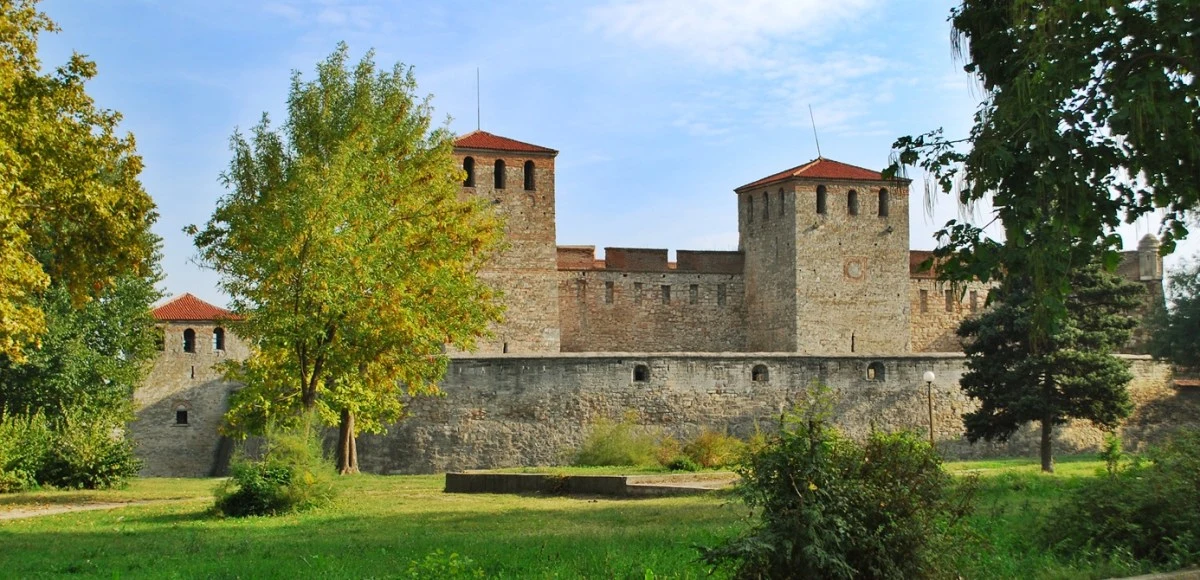As @Arthur@literature.cafe requested, here's a review of Time Shelter. I apologize in advance for what you are going to read.
As this was my first work by Gospodinov i didn't know what to expect but i really enjoyed it!
I want to start with Gaustine, and precisely, his name. From Garibaldi and Augustine, a revolutionary and a philosopher (with interesting beliefs about time).
That basically sums up what Gaustine is - a revolutionary for that world, someone who unifies others with their past, just as Garibaldi helped unify Italy. But does unity with your past free you from the constraints of the future? It's a question posed frequently by the book. For many the the certainty of the future that has happened brings them comfort, but the mistakes still lie in that future. He truly feels like somebody outside of time, even down to the way he speaks, a wanderer in time. For the most of the story he still was that young mysterious young man we met all the way back in that seminar, at least, until that "i don't know".
I must say that I definitely enjoyed the first part of the book more, I enjoyed the human aspect of it. Who are we without our past? What binds us to it? All those questions, all those characters' stories, even when most of them were so tragic. While I liked the philosophical aspect more, I still found enjoyment in the "social commentary" if I could call it that. As a Bulgarian it absolutely hit close to home, actually a lot of the book did. At the beginning of the book, when he talks about life under communism, about that room. It was so familiar, while I wasn't alive in those years it was just like talking to my father. The little toy cars, the strange foreign triangular candy... the famed truck driver who brought all of that home, like the one my grandfather was. Got bit carried away (lol) but the whole Referendum and everything before and after really felt realistic.
I also really loved G.(G.)'s character, a writer who can't remember his story, his time left falling out of his pockets. From the person who helps these people to someone who becomes one of them, being sent more and more back. From a few words, to a notebook of them, to phrases, names and after all that is left is that rose. Really loved how trough the story the line between G. and G.G. gets blurrier and blurrier. Gaustine didn't disappear without a trace as the main character states, he was always there, he never left. Also I actually liked how meta the book was at times and even funny while at it.
I've seen some criticisms that the book doesn't have a climax, but to be honest it doesn't need one. It laid out everything it set to tell and told it. From the promises of a better past to repeating those old mistakes again. But it shows what we, as humans miss, those days when we were happy and young, a shelter... After all everybody yearns for their own time shelter.
Thanks for reading trough this if you did, it really was fun writing it and made me think more deeply of what I read and dive deeper into it's meaning.
TL;DR
Nice book




Nope, this “membership” is only for air and water travel. There are still border checks on land. A great victory, as the politicians said, indeed.